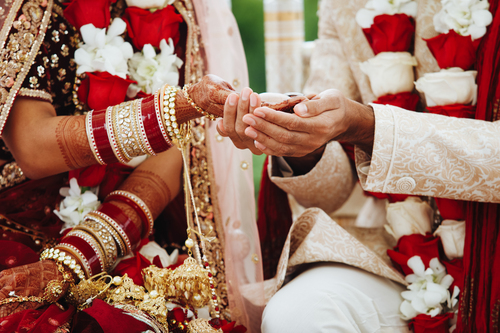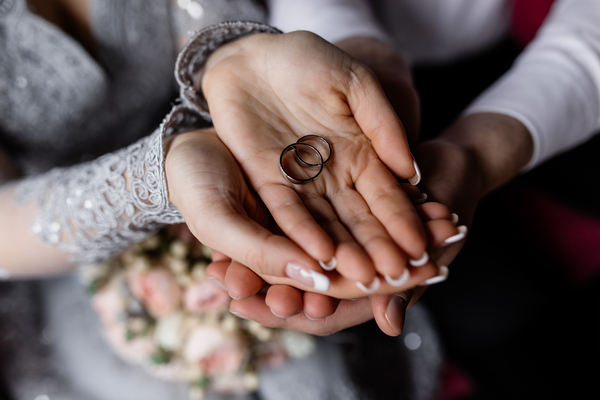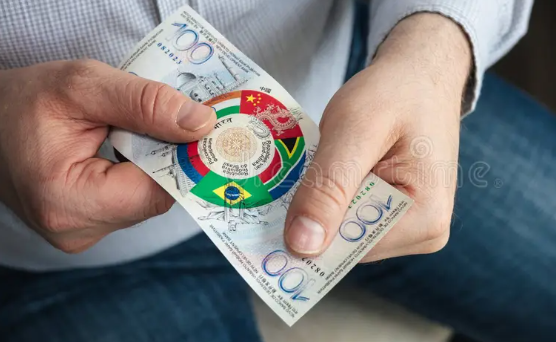
Introduction of Special Marriage Act
India, a nation known for its vibrant tapestry of cultures, religions, and traditions, holds within its legal framework a gem of legislation – the Special Marriage Act of 1954. This act, a product of its time, was born out of the need to provide a legal avenue for couples whose love transcends the boundaries set by society, be it religious affiliations, caste divisions, or regional differences.
In a country where weddings are often elaborate affairs steeped in tradition, the Special Marriage Act offers an alternative path, one that is characterized by its simplicity and universality. It stands as a testament to the progressive spirit of the lawmakers who recognized the fundamental right of individuals to choose their life partners based on mutual affection rather than societal norms.
What sets this act apart is its inclusivity. It extends its protective embrace to couples from diverse backgrounds, affirming their right to marry without fear of discrimination or prejudice. In doing so, it upholds the principles of equality and secularism enshrined in the Indian Constitution.
For couples navigating the complex terrain of interfaith or inter-caste relationships, the Special Marriage Act serves as a beacon of hope, offering a legal framework that respects their autonomy and affirms their love. It provides them with a sense of security and legitimacy, ensuring that their union is recognized and protected under the law.
But beyond its legal implications, the Special Marriage Act holds profound significance in the larger narrative of social change. It challenges age-old prejudices and stereotypes, paving the way for a more inclusive and progressive society where love knows no boundaries.
As we embark on a journey to explore the intricacies of this remarkable piece of legislation, let us celebrate the spirit of love and unity that it embodies. For in a world fraught with division and discord, the Special Marriage Act stands as a shining example of what can be achieved when we choose love over prejudice and acceptance over intolerance.
key features of the Special Marriage Act
-
Interfaith and Inter-caste Marriages: The Special Marriage Act celebrates love beyond boundaries, enabling couples from different religious or caste backgrounds to wed without facing societal or legal barriers. It upholds the principle of unity amidst diversity, fostering inclusivity and tolerance in Indian society.
-
Voluntary Consent: Central to the Act is the requirement of free and voluntary consent from both parties involved. This ensures that marriages are built on mutual respect and understanding, safeguarding individuals from coercion or undue influence.
-
Notice of Marriage: Prior to solemnizing their union, couples must serve a notice of their intention to marry to the designated Marriage Officer. This provision allows for public scrutiny and a cooling-off period, preventing hasty decisions and ensuring the solemnity of the marital commitment.
-
Marriage Officer: Each district appoints a Marriage Officer entrusted with the responsibility of overseeing the registration and conduct of marriages under the Act. These officers serve as guardians of the law, guiding couples through the legal formalities and upholding the sanctity of the marriage institution.
-
Registration of Marriage: Following the marriage ceremony, couples are obligated to register their union within the prescribed timeframe. Registration grants legal recognition to the marriage, conferring rights, and responsibilities upon the spouses as per the provisions of the Act.
-
Legal Validity: Marriages solemnized under the Special Marriage Act carry full legal validity, irrespective of the religious or caste backgrounds of the spouses. This ensures equal treatment under the law, affording couples the same rights and protections those wedded under traditional religious rites enjoy.

Significance:
The Special Marriage Act holds profound significance in the socio-legal landscape of India, embodying principles of equality, secularism, and individual freedom. Its importance resonates through several key aspects:
-
Promotion of Social Harmony: By facilitating marriages between individuals from diverse religious, caste, and regional backgrounds, the Act fosters social cohesion and harmony. It promotes inclusivity and mutual respect, transcending barriers that often divide communities.
-
Protection of Individual Autonomy: The Act upholds the fundamental right of individuals to choose their life partners based on personal preferences and mutual consent. It empowers couples to marry without the constraints of societal norms or familial pressures, safeguarding their autonomy and dignity.
-
Legal Recognition and Protection: Marriages registered under the Special Marriage Act are recognised and protected. This ensures that spouses enjoy rights and benefits conferred by law, including inheritance rights, succession, and social security provisions, irrespective of their religious or caste affiliations.
-
Advancement of Gender Equality: The Act promotes gender equality by treating spouses as equal partners in marriage. It prohibits discriminatory practices and ensures that both parties have equal rights and obligations within the marital relationship, fostering a more equitable society.
-
Celebration of Diversity: By acknowledging and respecting the diversity of Indian society, the Act celebrates the richness of its cultural heritage. It recognizes that love transcends boundaries of religion, caste, and ethnicity, embracing the plurality of human experiences and relationships.
-
Progressive Legal Framework: As a pioneering legislation, the Special Marriage Act reflects the progressive ethos of modern India. It represents a departure from archaic customs and traditions, signalling a shift towards a more inclusive and egalitarian society.
Challenges:
Despite its progressive intent, the implementation of the Special Marriage Act is not without hurdles. Several challenges persist, including:
-
Social Stigma: Interfaith and inter-caste marriages often face societal resistance and stigma. Deep-rooted prejudices and cultural norms can lead to social ostracism, discrimination, and even violence against couples who choose to marry outside their community.
-
Family Opposition: Familial objections pose a significant barrier to couples seeking to marry under the Act. Pressure from parents and relatives, rooted in concerns about honour, tradition, and social status, can strain relationships immensely and deter couples from exercising their right to choose their life partners freely.
-
Bureaucratic Hurdles: The administrative process involved in registering a marriage under the Special Marriage Act can be cumbersome and time-consuming. From obtaining the necessary documentation to navigating bureaucratic red tape, couples may encounter bureaucratic hurdles that delay or complicate the marriage registration process.
-
Legal Complexities: The legal framework governing marriages under the Act can be complex and ambiguous. Lack of clarity on certain provisions, jurisdictional issues, and procedural requirements may pose challenges for couples and Marriage Officers alike, leading to confusion and legal disputes.
-
Financial Constraints: Financial considerations, such as the cost of legal fees, court proceedings, and administrative expenses, can be prohibitive for couples from marginalized or economically disadvantaged backgrounds. Access to legal aid and support services may be limited, further exacerbating the challenges faced by such couples.
-
Misuse and Fraud: There have been instances of the Special Marriage Act being misused for fraudulent purposes, such as marriages of convenience or sham marriages aimed at obtaining residency or citizenship rights. Such misuse undermines the integrity of the Act and may erode public trust in its efficacy.
Conclusion:
In the dynamic tapestry of India’s legal framework, the Special Marriage Act stands as a cornerstone of progress and inclusivity. Despite the myriad challenges it confronts, from social stigma to bureaucratic hurdles, the Act remains a powerful instrument of change, embodying the nation’s commitment to equality, secularism, and individual autonomy.
At its core, the significance of the Special Marriage Act lies in its ability to transcend the constraints of tradition and orthodoxy, offering couples a pathway to union that is guided solely by the dictates of their hearts. In a society where marriage has often been seen as a union of families rather than individuals, the Act reaffirms the primacy of personal choice and mutual consent, empowering couples to chart their own course towards happiness and fulfillment.
Moreover, the Act plays a crucial role in fostering social harmony and celebrating the rich tapestry of India’s cultural heritage. By recognizing and legitimizing marriages across religious, caste, and regional boundaries, it sends a powerful message of inclusivity and acceptance, affirming that love knows no barriers of creed or community.
However, the journey towards realizing the full potential of the Special Marriage Act is not without its obstacles. From entrenched social prejudices to legal complexities, couples navigating the terrain of interfaith or inter-caste relationships often find themselves confronted with formidable challenges. Addressing these challenges requires a concerted effort from all quarters of society – from policymakers and legal authorities to civil society organizations and community leaders.
By raising awareness, combating stigma, streamlining administrative processes, and strengthening legal safeguards, it is possible to create an environment where every individual feels empowered to love and marry freely, without fear of discrimination or censure. Moreover, efforts should be made to enhance access to legal aid and support services, particularly for marginalized communities, ensuring that the rights enshrined in the Special Marriage Act are truly accessible to all.




2 thoughts on “Special Marriage Act”